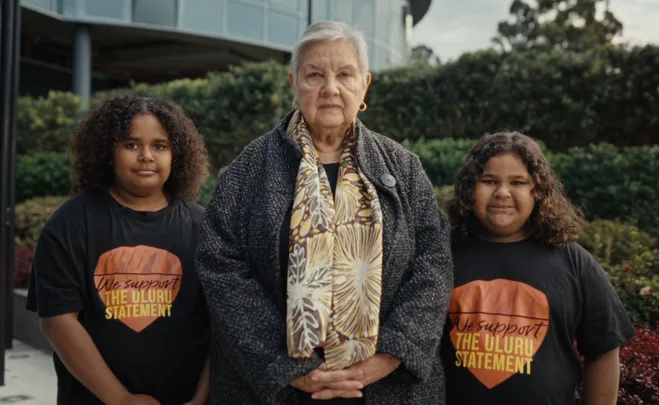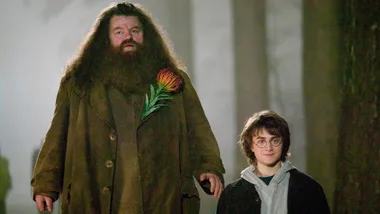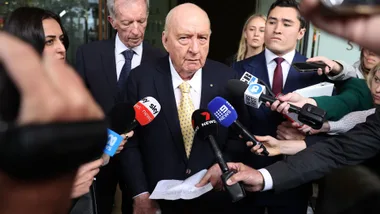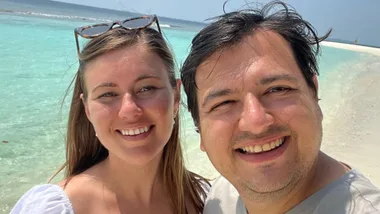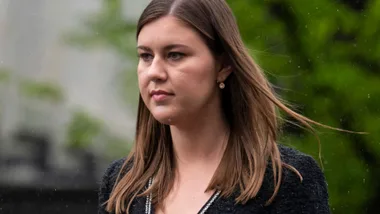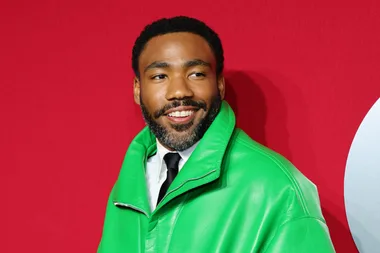“It’s about how these people, the first people, got a voice.”
A landmark campaign created by Uluru Statement from the Heart leaders provides a glimpse of what life could look like if Australia votes “yes” in the upcoming Voice To Parliament referendum.
The clip begins with Pitjantjatjara and Nyungar man Trevor Jamieson speaking to a group of children against an Alice Springs backdrop. He tells them about how the people of Australia acknowledged the importance of having a First Nations Voice To Parliament, and ultimately made it happen.
“The whole nation did something about it. People called their friends and families. People talked about it on the streets, talked about it at work, on the field.
“Everybody made a song and dance about it… And that’s how we changed this country for the better. How we made history.”
When one of the children asks him if the story is true, Jamieson simply replies: “It could be.”
The powerful advertisement was created by Kamilaroi Wiradjuri director Jordan Watton and Arrernte-Kalkadoon director of Photography, Tyson Perkins.
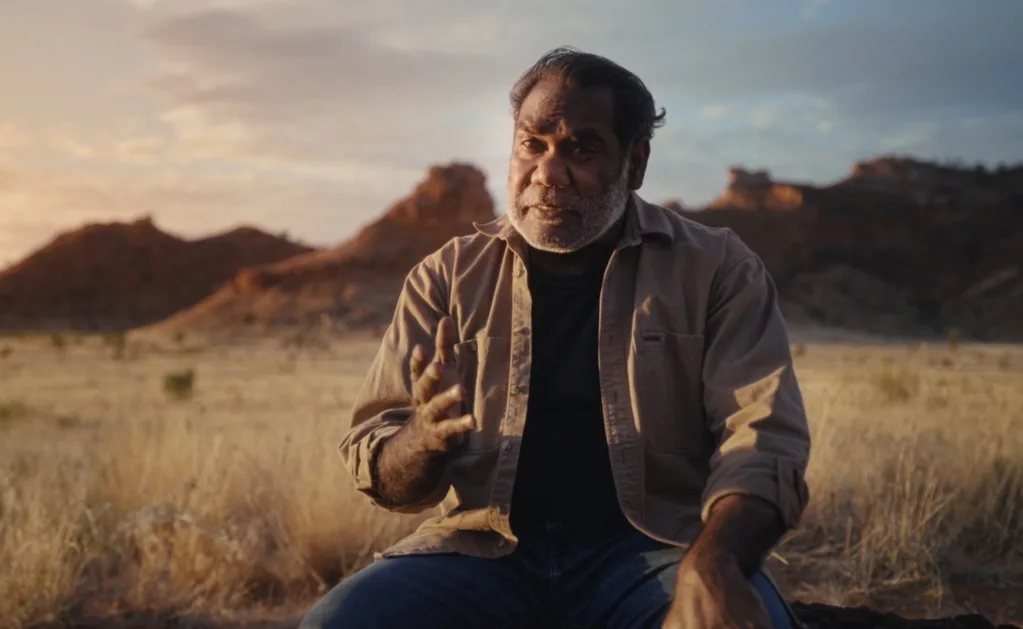
What is a Voice To Parliament?
The Voice To Parliament encompasses three key principals which have been outlined in the Uluru Statement from the Heart: Voice, Makarrata and Truth. These principles are what Aboriginal and Torres Strait Islander people identify as necessities to repair and move forward as a united nation.
The “voice” principal symbolises a First Nations Voice in parliament, which could be an elected representative body of Indigenous Australians who would advise parliament on policies and laws affecting Aboriginal and Torres Strait Islander people.
“Makarrata” refers to bridge-building and treaties, and “Truth” is an acknowledgement of a national process of truth-telling.
As it stands, The Australian Constitution does not acknowledge the occupancy of Indigenous people, nor their rights. But Australian PM Anthony Albanese has committed to changing this by holding a referendum for a Voice To Parliament in his first term.
“History is Calling and has been calling for this referendum for years. the Voice will improve the lives of not just First Peoples, but for future generations and all Australians”, Pat Anderson AO, Co-Chair of the Uluru Dialogue said in a statement.
“Our aim is to make sure when the referendum is called, the Australian public is ready and armed with the information they need to make an informed and conscious decision, voting ‘yes’ for Voice.”
The leaders behind the Statement of the Heart, named The Uluru Dialogue, have also proposed wording to the federal government which will be incorporated into the referendum.
“The draft question and amendment are the culmination of more than five years of drafting by the Indigenous Law Centre UNSW and the Uluru Dialogue,” Professor Megan Davis, Balnaves Chair in Constitutional Law, and Co-Chair of the Uluru Dialogue added
“We wanted the words to illustrate a clear and simple ask of voters come referendum day.”
Joining the ‘History Is Calling’ campaign in educating Australians is Sydney’s Inner West Council which has announced it will train 1,000 volunteers to share information about the referendum and what a “yes” vote will mean.
The “civic education program” will also build awareness about the Uluru statement from the heart.
“We are aiming to train local citizens to talk to their neighbours but also travel to other communities in Sydney and NSW to build awareness there too,” Mayor Darcy Byrne said, via The Guardian.
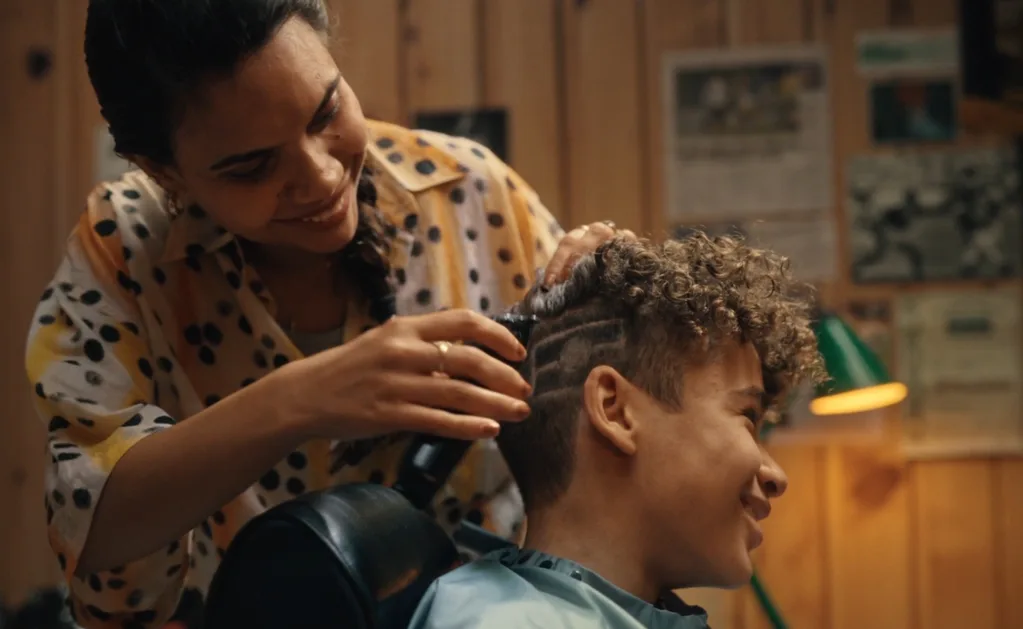
When will the referendum be held?
There is no set date for the referendum just yet, however Labor’s Indigenous Affairs Minister, Linda Burney has suggested that May 27, 2023, the anniversary of the 1967 Indigenous referendum, or January 27, 2024, which is the day after Australia Day, could be strong contenders.
